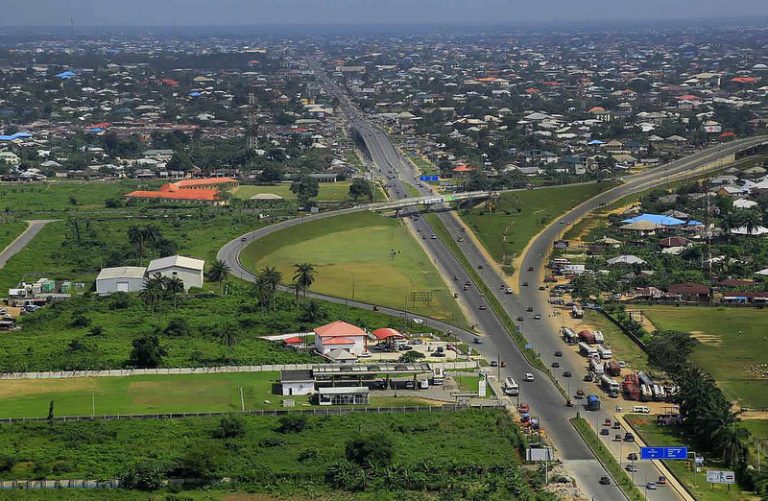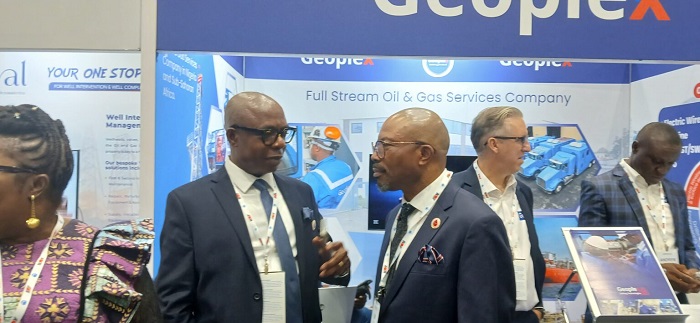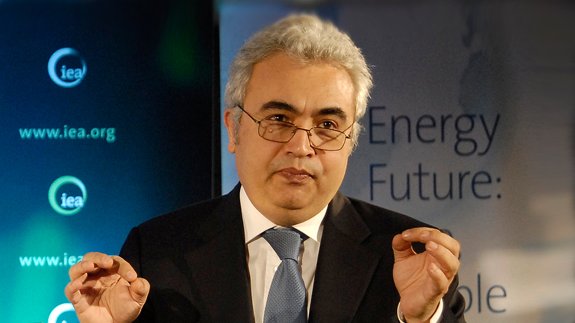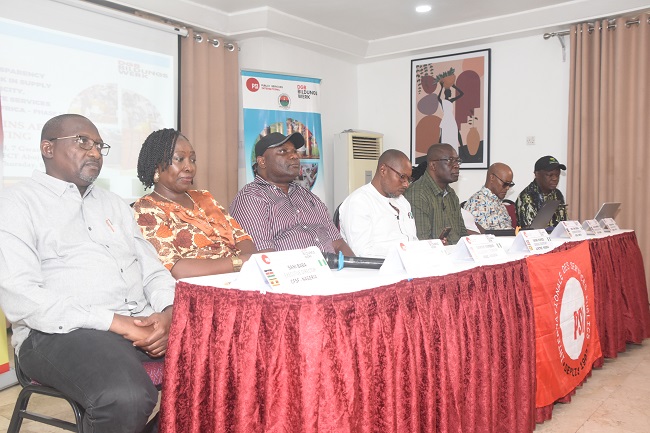Environmental experts in the South-South have stated that proper planning and waste management are keys to flood prevention in the region.
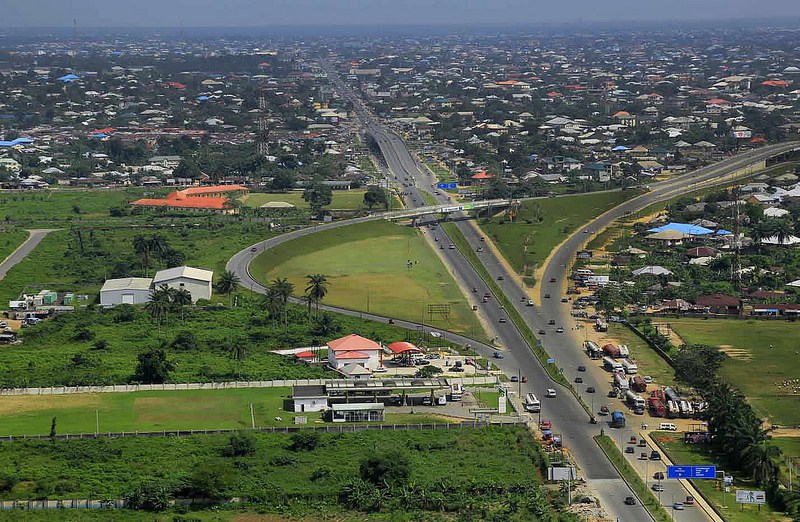
The experts from Cross River, Akwa Ibom and Rivers states, who made the remark while responding to the survey conducted on mitigating the impact of flooding in areas, maintained that, to curb flooding in Nigeria, there must be improved town planning as its importance in any ecological situation cannot be over-emphasised.
The respondents, however, said that proper education on the hydrograph, waste management and attitudinal change of residents in waste disposal would go a long way in mitigating the impact of floods.
Speaking in Cross River, Dr Joel Effiong, a Hydrological and Geographical Information System expert in the University of Calabar (Unical), said that flooding is worse in urban areas due to poor town planning.
According to him, building houses in the urban areas and making every inch of the premises a concrete floor is a recipe for flood.
‘’This is because it encourages water run off, preventing water from being absorbed into the soil.
“It is not enough to approve building plans, government should regulate by ensuring that there is enough space for water to infiltrate into the soil whenever it rains to reduce run offs.
Effiong maintained that water run offs are the major cause of flood and gully erosion.
Similarly, Prof. Eze Bassey of the Department of Geography in UniCal, called for a constant study and referral to the state’s hydrograph to properly warn residents on what to do before and after it rained.
He also called for the constant maintenance of the massive drainage channel in Calabar which moves the 80 per cent of water into river whenever it rained.
Bassey said this should not be the responsibility of the government alone as every community in the state should be responsible enough to clear their drains for free flow of water.
In his contributions, the Commissioner for Environment, Mr. Moses Osogi, said that the state had started the desilting of drains in the state and creating awareness on lifestyle changes.
He added that the state, in partnership with the Niger Delta Development Commission (NDDC), had distributed hundreds of receptacle bins in urban areas for proper waste disposal.
“We have also set up a standing taskforce going round to arrest and send anyone disposing waste improperly to our mobile court to handle his or her case,” he said.
He said that the taskforce was also going after scavengers who scatter waste in the receptacle bins and forced a lot of the wastes that should be in the bins into the drainages.
Speaking in Rivers, Mr. Benson Abu, National Publicity Secretary, Waste Management Society of Nigeria (WAMASON), said the society had carried out enlightenment campaigns in the state.
According to him, poor waste management accounted for over 60 per cent cases of flood in Port Harcourt and environs.
“WAMASON had always advocated for proper waste management which includes waste collection, recycling as well as proper handling of plastic waste.’’
Abu stated that plastic waste contributed hugely to congestion of drainages and waterways which, he said, was the primary cause of flooding in metropolitan areas.
He, however, urged Rivers residents to ensure free flow of water channels by eschewing dumping refuse into the drains and ensuring waste-free surroundings.
Also responding, Mr. Atajit Francis, Sole Administrator, Andoni Local Government Area, said that the council had re-awakened the consciousness of grassroots dwellers to sanitation.
According to Francis, sanitation formed part of the mandates given to the 23 local government administrators by the Ibok-Ete Ibas-led administration.
“Sanitation when holistically addressed would not only tackle diseases but floods too.
“We are set to resume the compulsory monthly environmental sanitation exercise to ensure that our drainages and waterways are desilted,’’ he said.
Also contributing, an environmentalist, Mr. Kentebe Ebiaridor, said that town planning plays a critical role in mitigating floods and reducing their impact.
He urged the government to ensure proper town planning in the cities and communities in order to prevent construction in flood-prone areas.
Ebiaridor said that town planning promoted the use of floodplains for natural ecosystems which provided habitat for various plants and animals, acting as natural buffers against floods.
He added that with town planning, wetlands and agriculture areas were identified while drainage systems and green spaces were properly put in exact places to reduce flood.
Ebiaridor said that, without town planning, designing roads, buildings and bridges would have flaws as they might end up being built in flood-prone areas while emergency action against floods would be in vain.
According to him, proper town planning manages entire river basins effectively, supports groundwater recharge while decreasing surface runoff and can mitigate flooding in most cities and states in Nigeria.
He, however, highlighted the importance of strategic land use, infrastructure design, and environmental management as actions for flood mitigation.
Similarly, in Akwa Ibom, a town planner, Akpabio Ufot-Akpabio, stated that there must be adequate town or physical planning, management and development to mitigate flooding in the state and country.
He decried the situation where some states in the federation were still operating colonial town planning laws which had been obsolete and of no use.
He called on governments at all levels to be serious in the town planning system of the country to avoid flooding.
The town planner added that in spite of the warning signals by NiMet, some states were still not taking steps to plan for the flooding.
“As related to flooding in most part of the country, this is not the first time it has been occurring but the problem is that we are lacking in planning or what we can say inadequate planning in the country.
“The governments in most cases are not paying attention to planning both state and federal,’’ he said.
He added that the planning law, which was passed in Nigeria many years ago, had not been domisticated by most of the states in the country.
He said that most states did not have laws that regulate physical planning but were using the British or colonial planning law.
Ufot-Akpabio said that, in Akwa Ibom, colonial planning law is still in use but added that such planning is primitive.
According to him, development does not follow any set down pattern, people build indiscriminately and the construction pattern is poor.
In his contribution, Commissioner for Information, Mr. Aniekan Umanah, said that the state government already embarked on desilting of the drains to ensure free flow of water and prevent flooding.
According to him, the government has approved the construction of Afaha Ube street and side drains to link Ikot Ekpene Road, which will help to alleviate flooding in the area.
“The State Government also partnered with the Federal Government to implement robust early warning systems, community engagement, and capacity-building programmes to involve residents in averting flooding.’’
Umanah added that the governor had directed Mr. Allan Ikim, the Chairman, Akwa Ibom State Environmental Protection and Waste Management Agency (AKSEPWMA), to ensure adequate desilting of the side drains across the metropolis.
According to him, government is also working on infrastructure projects, such as the Nkari Dam which will help to enhance irrigation farming, water supply, and flood control.
He said that these initiatives demonstrated the government’s commitment to addressing flooding in Akwa Ibom and improving the lives of its citizens.
Also speaking, Dr Charles Effiong identified the attitudes of residents of the state and Nigerians as part of the factors contributing to flooding in the country.
Effiong said that even when adequate town planning is being put in place, attitude of Nigerians must change to reduce flooding in the country.
He, therefore, called for a change of the attitude of Nigerians who dump their bags of waste into the drains, blocking the free flow of water channels, thereby causing flooding.
‘’This is a problem, you see people build shops and block drains, water will not flow the way it should flow.
‘’So attitudinal change has to be addressed, in terms of waste management and in terms of development.” he said.
He urged the state government to sensitise the residents on the best practices of waste disposal and against the habit of disposing waste into gutters and blocking drainages.
He urged residents to naturally inculcate the habit of desilting drainages, especially during raining season to avoid flooding.

